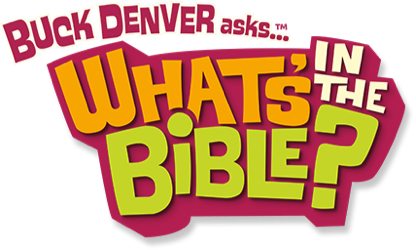“A new survey of Americans’ knowledge of religion found that atheists, agnostics, Jews and Mormons outperformed Protestants and Roman Catholics in answering questions about major religions, while many respondents could not correctly give the most basic tenets of their own faiths.
The survey released Tuesday by the Pew Forum on Religion & Public Life aimed to test a broad range of religious knowledge, including understanding of the Bible, core teachings of different faiths and major figures in religious history. The U.S. is one of the most religious countries in the developed world, especially compared to largely secular Western Europe, but faith leaders and educators have long lamented that Americans still know relatively little about religion.” According to Rachel Zoll of the Associated Press
As children’s ministry leaders, how can we train our children to be biblically literate, not just for the sake of knowing religious things, but for true spiritual transformation?
The What’s in the Bible? Curriculum was developed with the belief that when children know how the Bible was written, and how the biblical stories came together to form one bigger story, they can see themselves in God’s story. And, when this learning is led by a teacher who demonstrates a life of faith, children are transformed by God’s love and grace.
You might notice in the WITB curriculum that it’s been written with small group activities that include a whole bunch of questions asking children how the Bible was written and remembering questions about the biblical stories. You might be wondering how asking kids a bunch of questions is going to spiritually transform their lives? Good question! The questions alone may or may not spiritually impact a child’s heart. But, the questions combined with an experienced teacher or loving shepherd who will ask the questions and listen carefully for the answers may impact a child for a lifetime.
A few ideas for training your small group teachers and shepherds to lead beyond the questions:
- Ask follow up wondering questions after a child responds with the answer to a question. Questions like: What surprised you about this part of the story? What does this part of the Bible mean to you? What does this make you think about God?
- Watch for verbal and non-verbal cues as children are answering questions. If a child shows excitement, continue asking open-ended questions about the topic. If a child shows sadness, follow up privately afterwards asking what caused the sadness.
- While the questions provided in the curriculum do have correct answers, encourage a small group setting in which children can ask deeper thinking questions, and are challenged to have multiple answers to wondering questions. A child’s faith will grow as he feels safe to explore further thoughts in church.
What do you think? How can biblical literacy be encouraged so that a child’s faith is formed?










